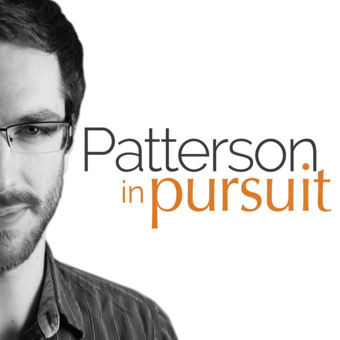
Patterson in Pursuit
Steve Patterson
Interviews with intellectuals from across the globe. Exploring philosophy, politics, religion, and rationalism. Steve Patterson is an independent philosopher currently traveling the world to interview people in the pursuit of truth. Topics include logic and epistemology, skepticism, metaphysics, ethics, science and religion, truth, Christianity, Buddhism, atheism, culture, economics, the philosophy of mathematics, and every other topic that's important to humans.
- 4 minutes 55 seconds4 Steps to the Immaterial [Narration]
Article here:
Get full access to Steve Patterson's Substack at stevepatterson.substack.com/subscribe29 September 2024, 12:30 pm - 5 minutes 25 secondsWhy We Need to Replace Mathematics [Narration]
Article here:
Get full access to Steve Patterson's Substack at stevepatterson.substack.com/subscribe22 September 2024, 2:33 am - 6 minutes 43 secondsThe Objectivity of Structure Outside our Concepts [Narration]
The world outside our mind is actually glued together; relations are mind-independent; and patterns are objectively real.
Get full access to Steve Patterson's Substack at stevepatterson.substack.com/subscribe6 May 2023, 8:58 pm - 1 hour 43 minutesEp. 106 - Living with the Robots | Dr. RollerGator
Trying to envision life alongside AI. How will our culture change?
What will the norms be around beloved robots?
Should we let the machines hijack our emotional circuitry?
Will AI become the highest-level decision makers within governments?
Get full access to Steve Patterson's Substack at stevepatterson.substack.com/subscribe2 April 2023, 11:40 pm - 2 hours 15 minutesEp. 105 - The Philosophy of AI (pt 1) | Alexandros Marinos
The world is ablaze with discussion about the risks and benefits of AI like ChatGPT
I have not been persuaded by the doomsdayers concerns about rogue AI, but that doesn't mean the technology is actually safe.
I investigate some philosophical concepts surrounding AI with Alexandros Marinos.
Get full access to Steve Patterson's Substack at stevepatterson.substack.com/subscribe24 March 2023, 11:10 pm - 1 hour 51 minutesEp. 104 - "No Longer a Christian" | Isaac Deitz
Wonderful conversation with my old friend Isaac Deitz who shares his personal religious journey. After decades of being a Christian, he no longer identifies with that label.
In my opinion, that's only because "Christian" is a terrible term nowadays. By some metrics, Isaac is a raging Christian. By others, he is a heretic. In that respect, I am coming to many of the same ideas about religion and truth--spiritual truth is often at odds with religious dogma. Better to give up a label than give up the pursuit of truth.
Isaac's website: http://www.isaacdeitz.com/
Get full access to Steve Patterson's Substack at stevepatterson.substack.com/subscribe26 November 2021, 4:36 am - 20 minutes 16 secondsOur Present Dark Age
The best explanation for the current madness of the world is that we're in a dark age and have been for at least a century. The epistemic standards of the 20th century were not high enough to overcome social, psychological, and political entropy.
Get full access to Steve Patterson's Substack at stevepatterson.substack.com/subscribe6 July 2021, 1:44 am - 48 minutes 46 secondsEp. 103 - "Mad at Mathematicians" | Isaac Morehouse
A couple of months ago, my friend Isaac Morehouse asked me to talk about the philosophy of mathematics and why I consider it so important.
Appeals to mathematics are everywhere, from COVID lockdowns to NFL play calling, and if our concepts about math are flawed, we make the world a significantly worse place.
Get full access to Steve Patterson's Substack at stevepatterson.substack.com/subscribe21 January 2021, 1:30 am - 1 hour 50 minutesEp. 102 - Scientific Progress and Intellectual Schelling Points | Dr. Geoff AndersWhat does scientific progress look like? Is it steady progress, getting ever closer to the truth? Or does it go through waves? What about cases where we seem to have lost knowledge or the foundations of a theory we’ve been building on turned out to be wrong? Can that still be useful? Is that still progress? These are some of the questions I explore with Dr. Geoff Anders.
Get full access to Steve Patterson's Substack at stevepatterson.substack.com/subscribe19 April 2020, 5:54 pm - 8 minutes 58 secondsCritical Thinking | Zooming In and Zooming Out
A critical thinker must have the ability to zoom in and zoom out - to hyper-focus on cause and effect and to see how things interconnect in the big picture.
It's a common and critical error to be too-zoomed-in or too-zoomed-out. The over-focused mind is like the mathematician who doesn't realize the assumptions of his model are non-mathematical and likely wrong.
The under-focused mind is like the mushroom-enthusiast that's content concluding "All is one", with no finer-resolution of analysis.
The careful thinker must be constantly zooming in and zooming out, gathering ideas from all levels of resolution.
Get full access to Steve Patterson's Substack at stevepatterson.substack.com/subscribe31 March 2020, 9:49 pm - 1 hour 19 minutesEp. 101- Is a Ruling Class Inevitable? | Samo Burja
Libertarians like myself tend to focus on the abuse of power hierarchies. The existence of a "ruling class" makes most of us uneasy. However, might these sociological structures serve a valuable purpose? Are they inevitable parts of human society?
Samo Burja joins me to discuss.
Get full access to Steve Patterson's Substack at stevepatterson.substack.com/subscribe8 March 2020, 10:30 am - More Episodes? Get the App
Your feedback is valuable to us. Should you encounter any bugs, glitches, lack of functionality or other problems, please email us on [email protected] or join Moon.FM Telegram Group where you can talk directly to the dev team who are happy to answer any queries.
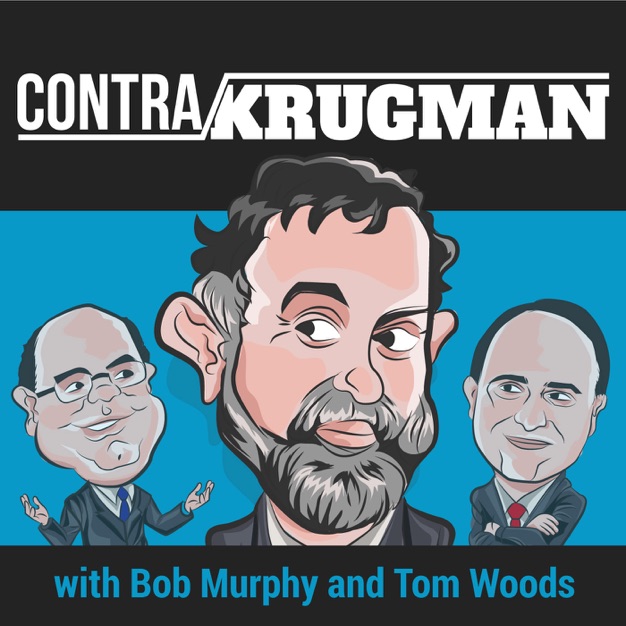 Contra Krugman
Contra Krugman
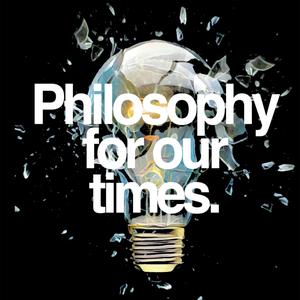 Philosophy For Our Times
Philosophy For Our Times
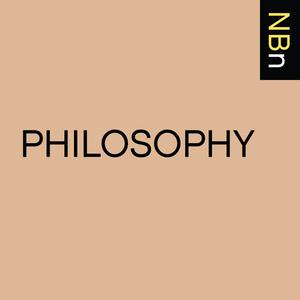 New Books in Philosophy
New Books in Philosophy
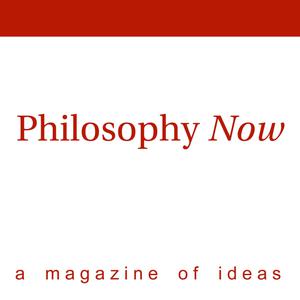 Philosophy Now
Philosophy Now
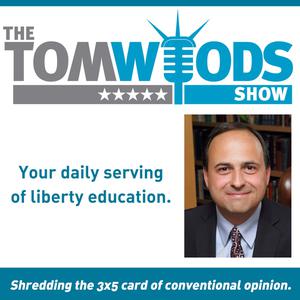 The Tom Woods Show
The Tom Woods Show